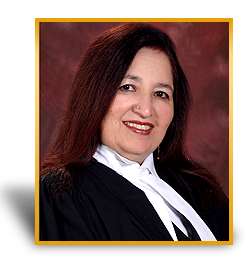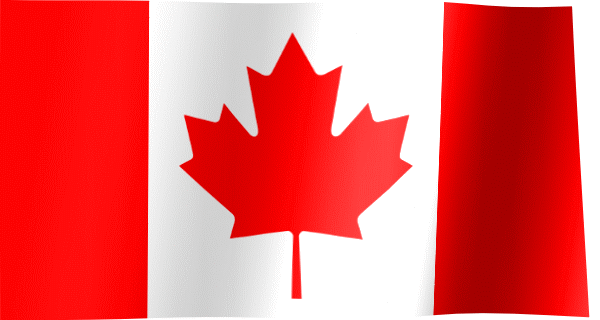|
Reported Decisions
Services
|
Que. I have been arrested and charged what shall I do now?
Contact my office and schedule an appointment. I will provide you with immediate answers to the questions that you have as a result of your arrest.
Que. Why should I pay a lawyer to assist me, I am told that I will not go to jail even if found guilty?
There are many adverse repercussions that arise from being found guilty by a criminal court even if you do not end with a jail sentence. Having a criminal record may prevent you from obtaining certain jobs that require criminal background checks. Many landlords today ask for a criminal record background check before agreeing to rent their premises to you. Depending on the nature of the charges and your conviction, you may find it difficult to travel across international borders, especially to the United .
Que. Legally, what is marriage? How is marriage defined?
Most Provinces define marriage as a civil contract between a man and a woman to become husband and wife. The traditional way to marry is to get a marriage license from a province-authorized official, then participate in a formal civil or religious wedding ceremony.
Common law Relationships have different legal rights for couples living in Common Law Relationships without getting married ,by getting married their legal right change.
Que. I am getting divorced. Do I need an attorney?
It ordinarily is a good idea to consult with a lawyer about major life events or changes, such as a divorce. S/he will protect your rights, as well as the rights of your children. S/he keeps current with the laws in your province concerning marriage, divorce, marital property, child custody and visitation, and family support.
Que. What is joint custody?
Joint custody has two parts: joint legal custody and joint physical custody. A joint custody order can have one or both parts.
Joint legal custody refers to both parents sharing the major decisions affecting the child, which can include school, health care and religious training. Other considerations under these types of custody agreements can include: extracurricular activities, summer camp, age for dating or getting a job, and methods of discipline.
Joint physical custody refers to the time spent with each parent. The amount of time is flexible, and can range from a moderate period of time for one parent, such as every other weekend, to a child dividing the time equally between the two parents’ homes. In situations where the time spent with both parents will be divided equally, it helps if the parents live close to one another.
Que. How is child support determined in a divorce or child support case?
All Provinces have adopted federal child support guidelines. Some Provinces use tables that indicate a support amount for different ranges of income, similar to tax tables. Although some provinces base support on the payor’s income, many province use an income shares model, which is based on the income of both parents. Usually, the parent without the child the majority of the time will pay support, but if both parents share time with the child equally, the parent with the greater income usually pays support. The support may be reduced based upon the amount of time the payor spends with the child. Some Provinces also cap support at a certain income level. If a parent is intentionally not working or is working at less than he or she is capable of earning, the court can "impute income," which means setting support based upon what the parent is capable of earning rather than actual earnings. Provinces vary on what expenses are included in child support. For example, some provinces include medical expenses and day care, while other provinces add those costs on top of the child support.
Que. How Can I Apply For Citizenship?
In order to apply for citizenship, you would require a permanent resident visa. Once you have visa, you have to wait for three years to apply for citizenship. However, you have to fulfill certain conditions like health requirements, documentation, valid passport, points scored in the selection system, travel documents, and so on.
Que. What are some typical restrictions imposed on property owners?
Real estate owners can't do whatever they want on their property. Federal laws provide environmental restrictions, while local ordinances control everything from noise levels to fence height. Local law is also the usual source of zoning rules, which limit the uses of property in certain areas. Province laws typically regulate who can access property and how boundaries are established and changed.
Private agreements and other restrictions may also control property use. For example, a development may contain restrictive covenants regarding lot size, architectural design, vehicle parking, and other details.
|
|








